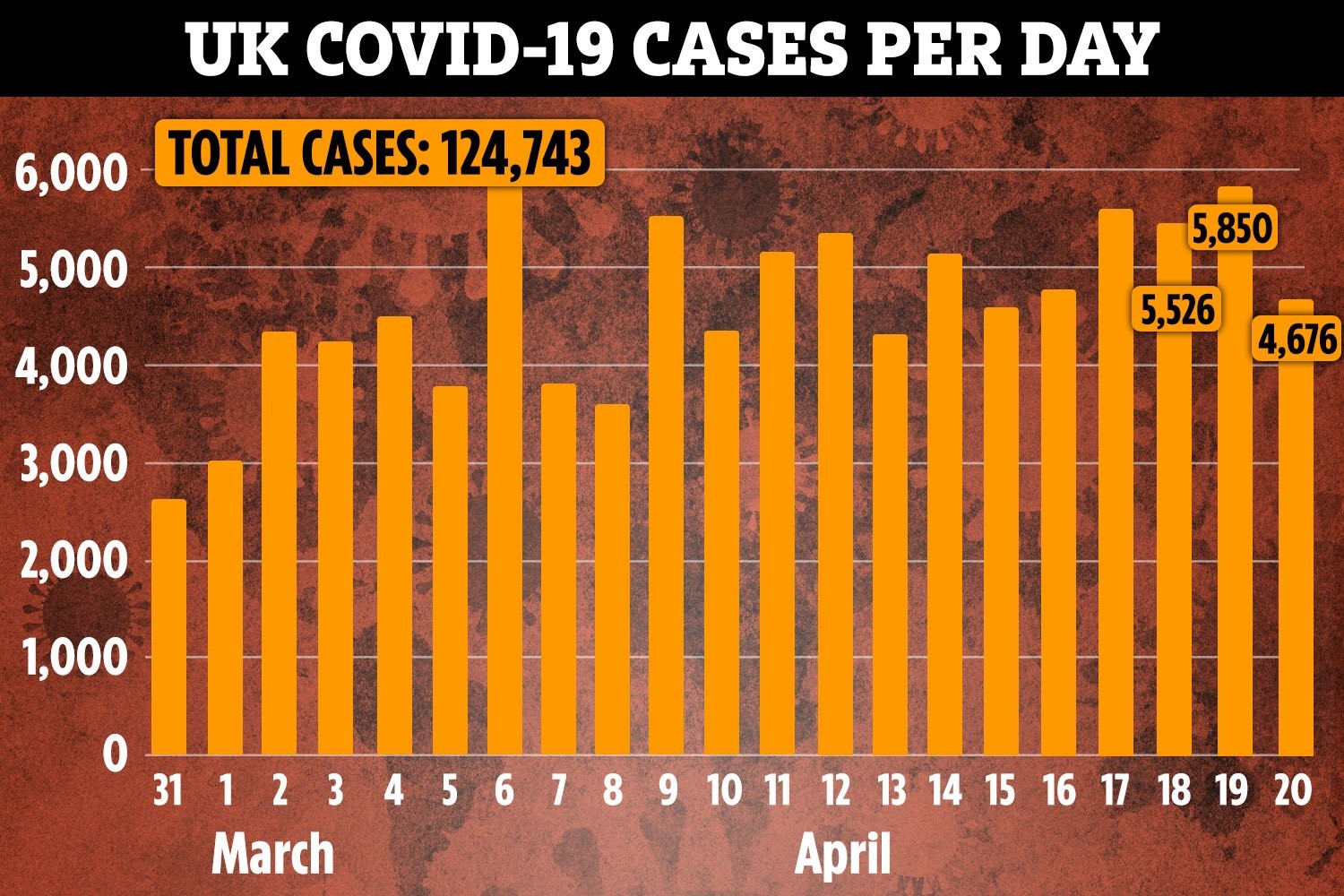MORE than a million Brits have turned to Universal Credit to prop them up during the coronavirus crisis, we take you through what will affect Universal Credit payments.
How much you earn – including payments your previous employer might have paid you when you left your job – will affect how much you can be given.
The Government has announced the Universal Credit standard allowance will be raised by £1,000 a year for the next 12 months due to the coronavirus outbreak.
Brits who are self-employed and struggling thanks to the impact of the virus can also apply for the six-in one benefits scheme.
The minimum standard allowance for Universal Credit differs depending on your circumstances – such as whether you’re in a couple, or have children.
How much your allowance is depends on a range of factors including your income, and total assets – both of which can be changed by payments from previous employers such as holiday pay or last pay cheques.
How does my current income affect Universal Credit?
Any income or earnings will affect how much Universal Credit you will be entitled to.
This is what is known as the taper rate – where 63p is deducted from your benefit payment for every £1 you earn over a certain amount.
Most people have a certain amount they can work every month without getting cash taken off from their benefits.
If you’re not receiving help for housing that allowance is £503 a month.
If you do get housing help, the allowance is lower – £287.
Does my holiday pay and last pay cheque count as income?
UC will take into account what comes in every month, and will adjust your payment according to what you get paid.
Your income can be anything from earnings for paid work – this will include any holiday pay paid out by employers after you leave.
So if you have a large last pay cheque, you might not be entitled to anything for the first month you’re out of work.
Last pay cheques paid to you instead of your notice period will also be counted as income when calculating your Universal Credit payments.
If your employer pays you back for expenses made while you were working there, that will affect your allowance.
And bonuses will count too.
Does it matter about my savings, can they affect Universal Credit?
If your capital – or total assets – including stocks and savings, is over £6,000 your UC allowance will be reduced.
For every £250, or any part of £250, you have over £6,000 your Universal Credit will reduce by £4.35 in the assessment period.
So if you have savings of £6,250 – your allowance will be reduced by £4.35.
If you are married or live with your partner, you have to apply together, and their capital will also be counted.
If you have more than £16,000 in savings, you won’t be eligible for Universal Credit.
If I get a redundancy payout, does that affect my benefits?
Redundancy payouts are not treated as income and therefore are not subject to the taper rate.
But they are counted in your total assets – so if they take you over the £6,000 mark it can impact how much your monthly payment is.
How about if I get a tax rebate – will that reduce my Universal Credit?
Any repayments of income tax or National Insurance contributions will be treated as earnings if you were still in paid work in the tax year the repayment relates to.
If you weren’t in paid work – it will be counted in your total assets, rather than earnings, and your payment likely won’t change.










